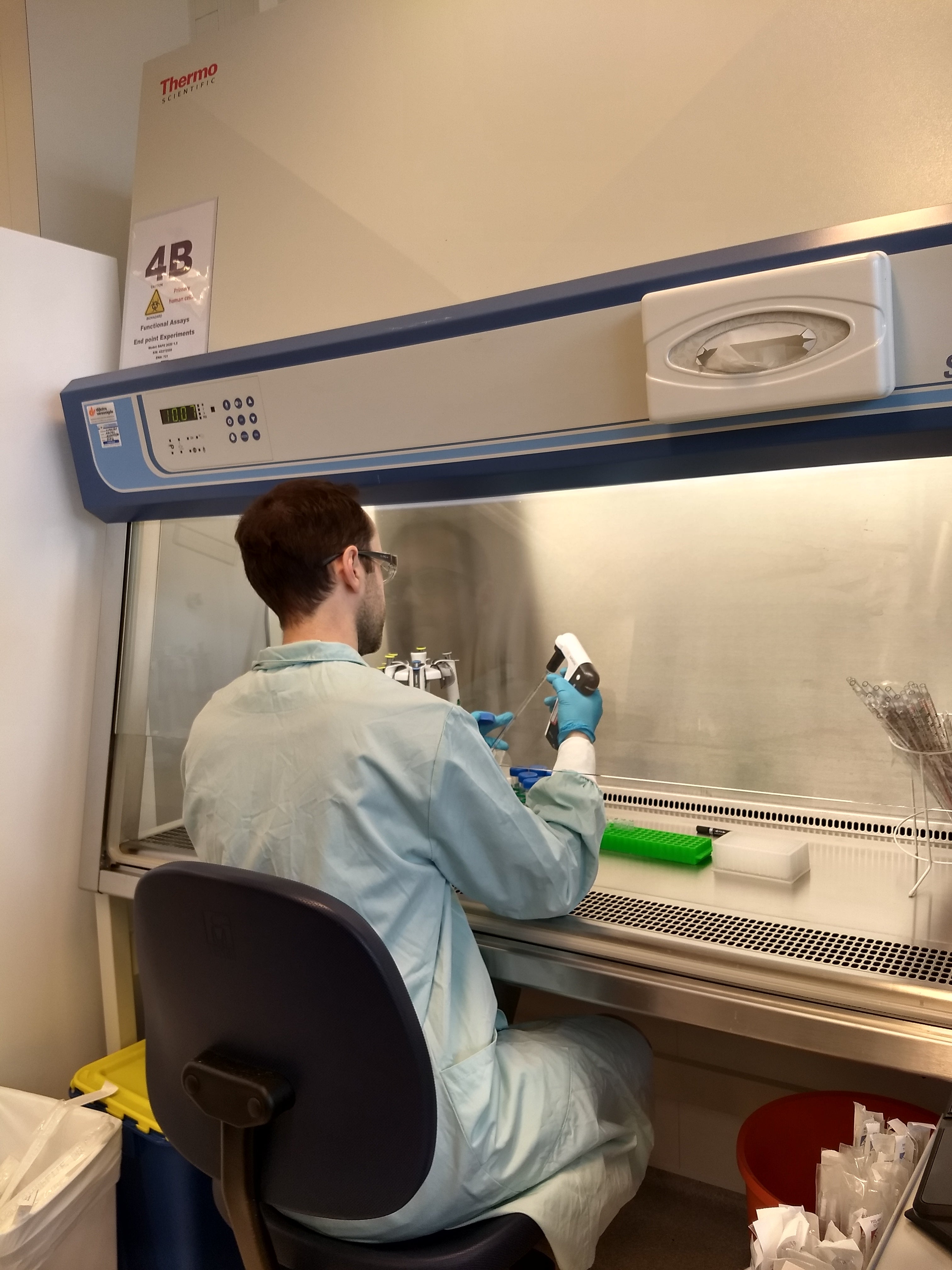“At the end of my Bachelor’s programme in Biology and Medical Laboratory Research at Hogeschool Leiden, I realised that I wanted to continue my education because I wanted more theoretical depth. I went to introduction events at various universities, talked to Master's programme coordinators and compared the programmes with each other. I chose Biomolecular Sciences at VU Amsterdam because of the course subjects and also because of the freedom of choice the programme offered. For example, I did both of my research internships outside VU Amsterdam and I also followed two courses at Utrecht University. The programme definitely met my expectations.”
“This Master’s degree was a good fit with my higher professional (HBO) education. At the university, everything is taught in English. Since my English was already good, that wasn’t a problem for me. In addition, the Master's programme is much less practical, so I had to read a lot more scientific literature. That was sometimes tough, but also interesting.”
“I did two research internships during my Master's programme. During the first one at the Hubrecht Institute, I did research on a protein which, through modulation of a specific group of RNA molecules, plays an important role in correct chromosome segregation during mitosis and meiosis. So, that was very fundamental research. My second research internship had a more medical focus. For this one, I went to the Max Delbrück Center for Molecular Medicine in Berlin, where I researched the molecular mechanisms of diabetes.”
“I now work as a Cell Biology Screening Technician at Merus, a company that makes antibodies against cancer. These antibodies bind to multiple targets, so they can block certain tumour-specific growth processes or send the immune system specifically to destroy the tumour cells. Once good targets for new antibodies have been devised, hundreds of variants of these antibodies are made. As a screening technician, I use in vito assays to test which variants are the best. The assays that are used depends on which targets the antibodies bind to. Based on the screening results, a selection is made, which is further tested in subsequent assays, so that ultimately one candidate remains that is then tested in clinical trails. I’m also working on setting up and optimising the assays.”
“Tips for future Master's students? Decide in advance what you want to get out of your studies and then go find out where and how you can best achieve that.”
